Personal and Professional Development: A Psychiatrist's Perspective
VerifiedAdded on 2023/04/22
|10
|577
|409
Report
AI Summary
This report focuses on personal and professional development, specifically within the context of psychiatry. It emphasizes the importance of skills such as time management, stress management, problem-solving, decision-making, and teamwork for effective patient care. The report utilizes the Gibbs reflective cycle to analyze and improve professional practices, providing a structured approach to self-assessment and skill enhancement. The author, working as a psychiatrist, identifies areas for improvement and discusses the application of the Gibbs reflective cycle to enhance understanding and performance. The report concludes that developing these skills is crucial for providing effective care and achieving professional goals. References to relevant literature are included to support the analysis.
1 out of 10

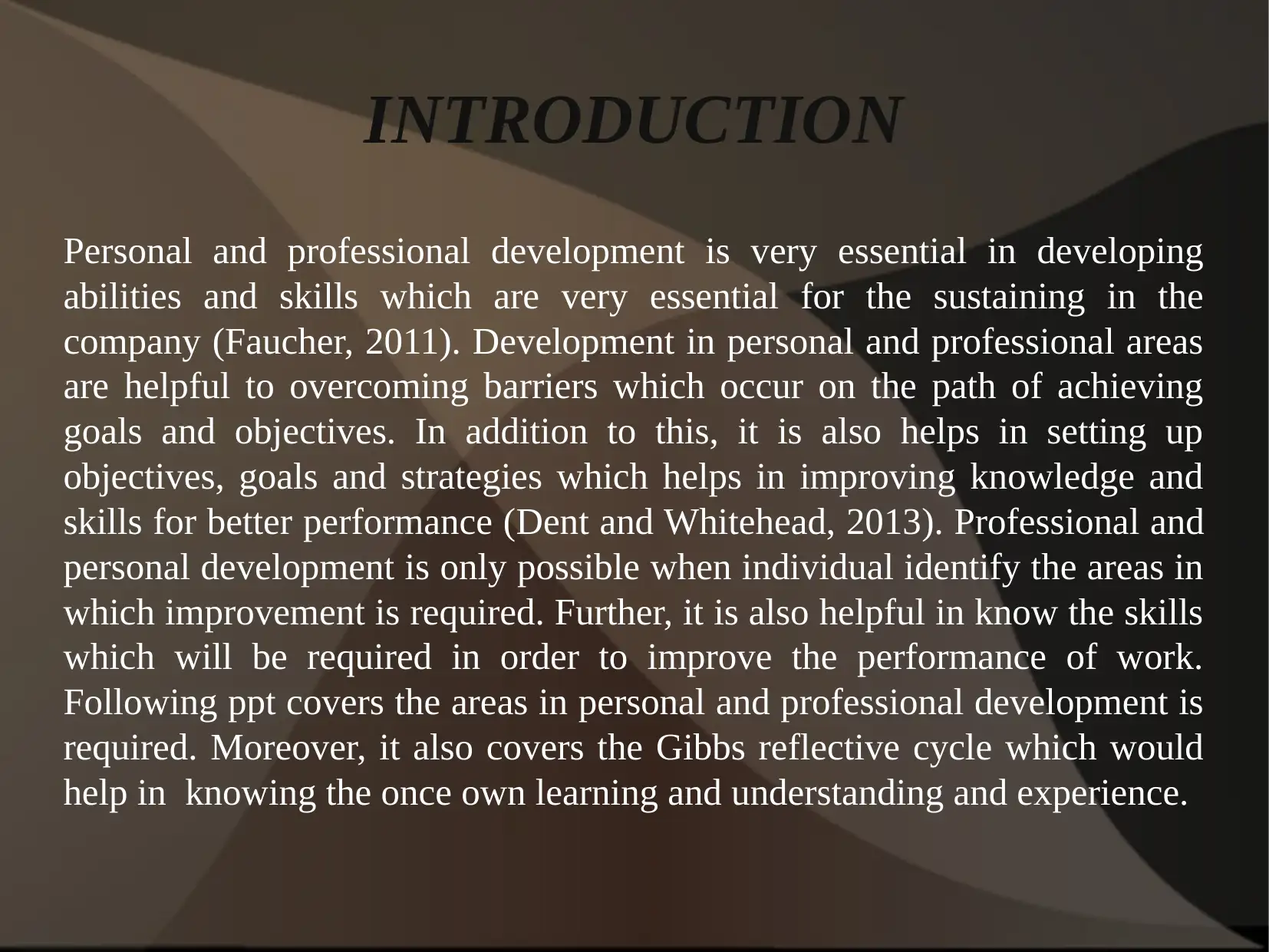
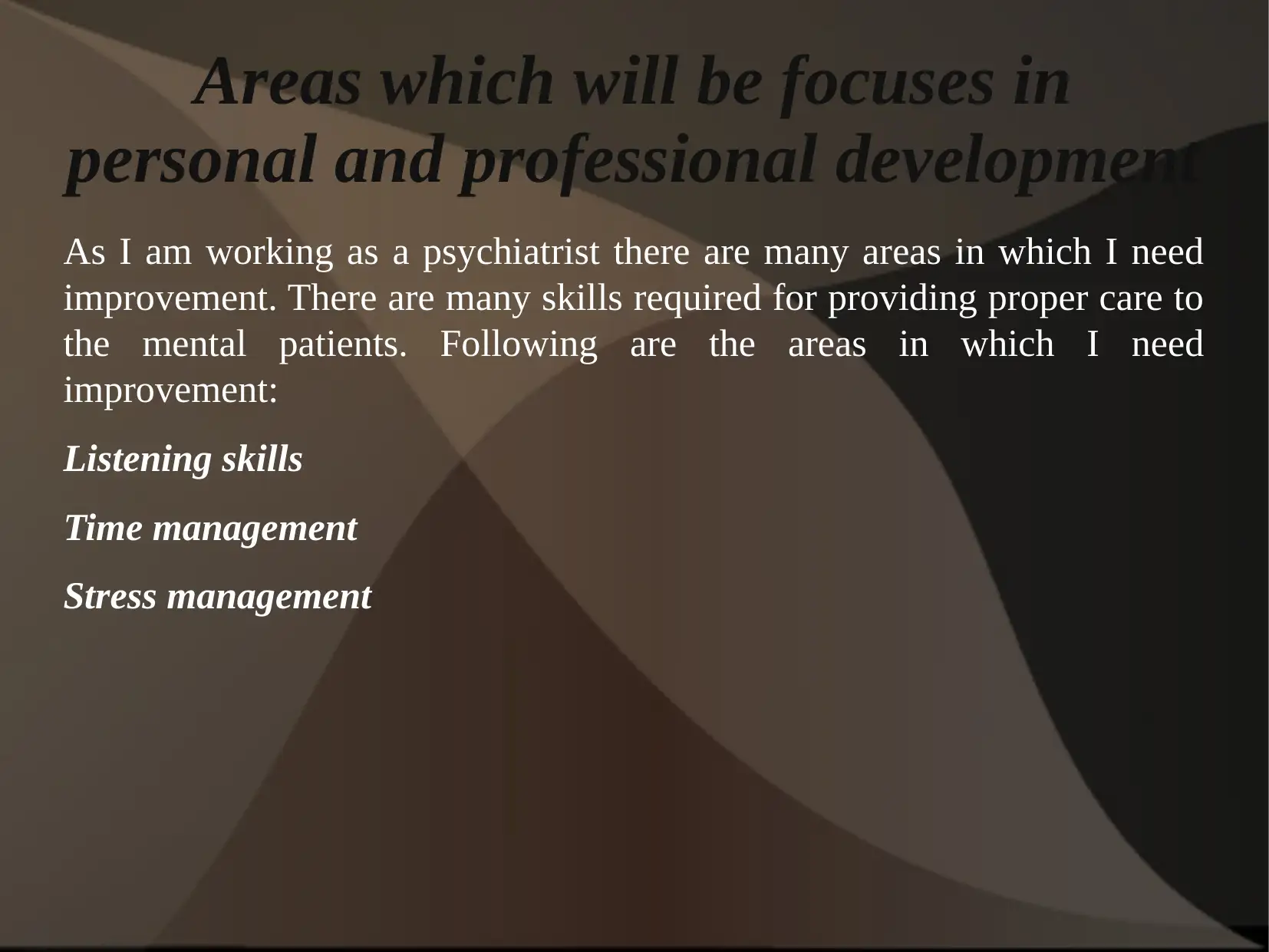

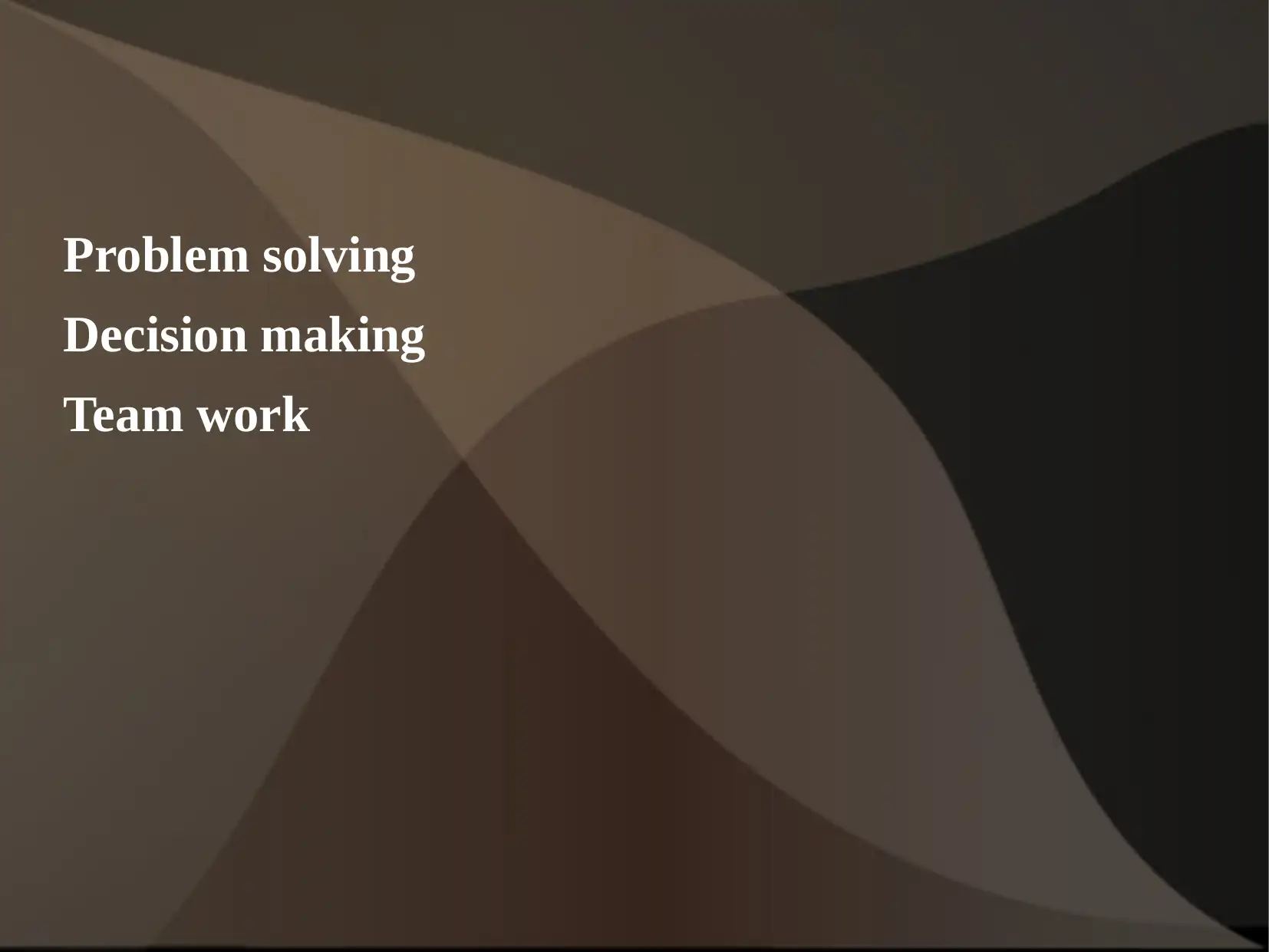
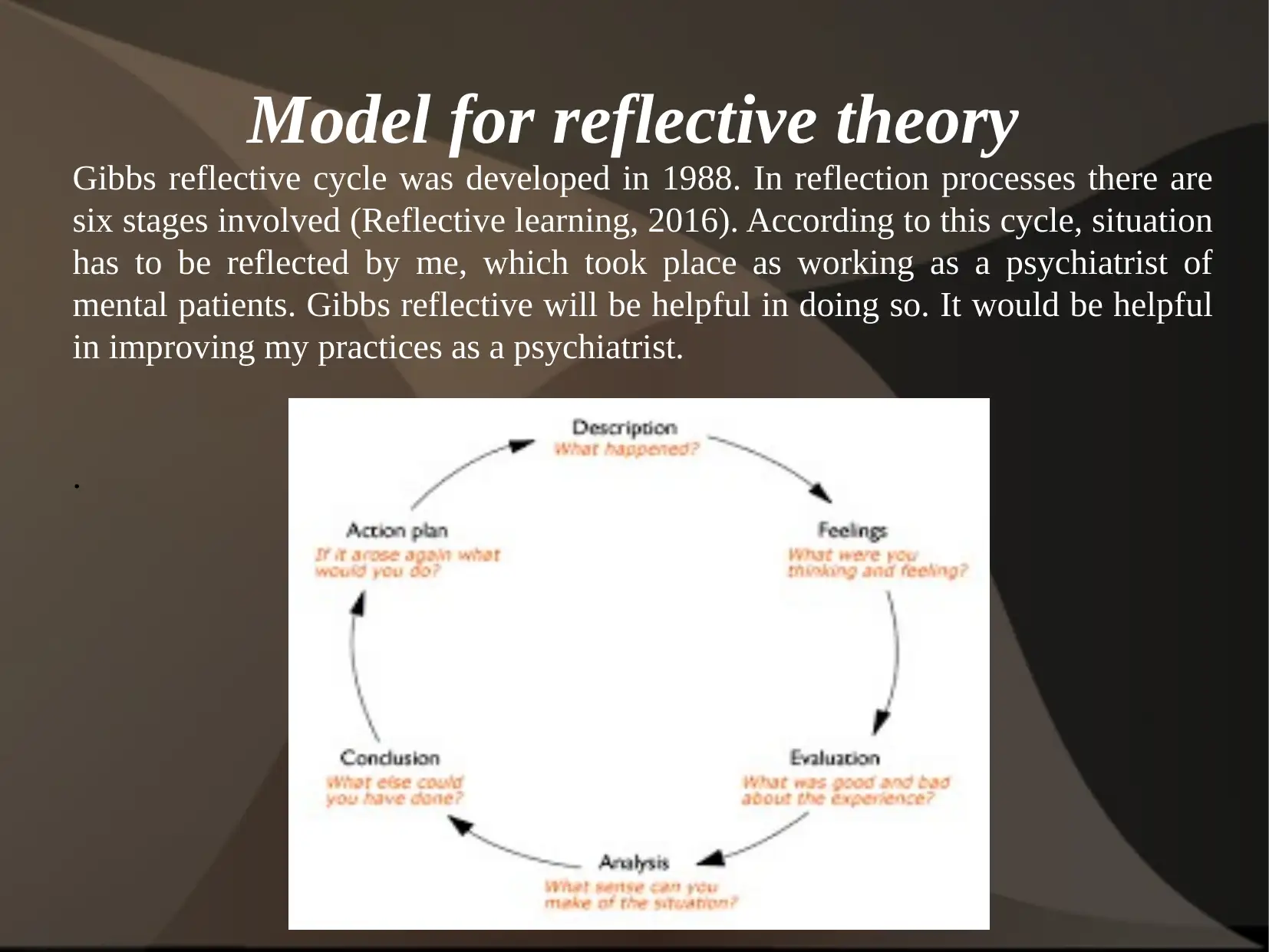

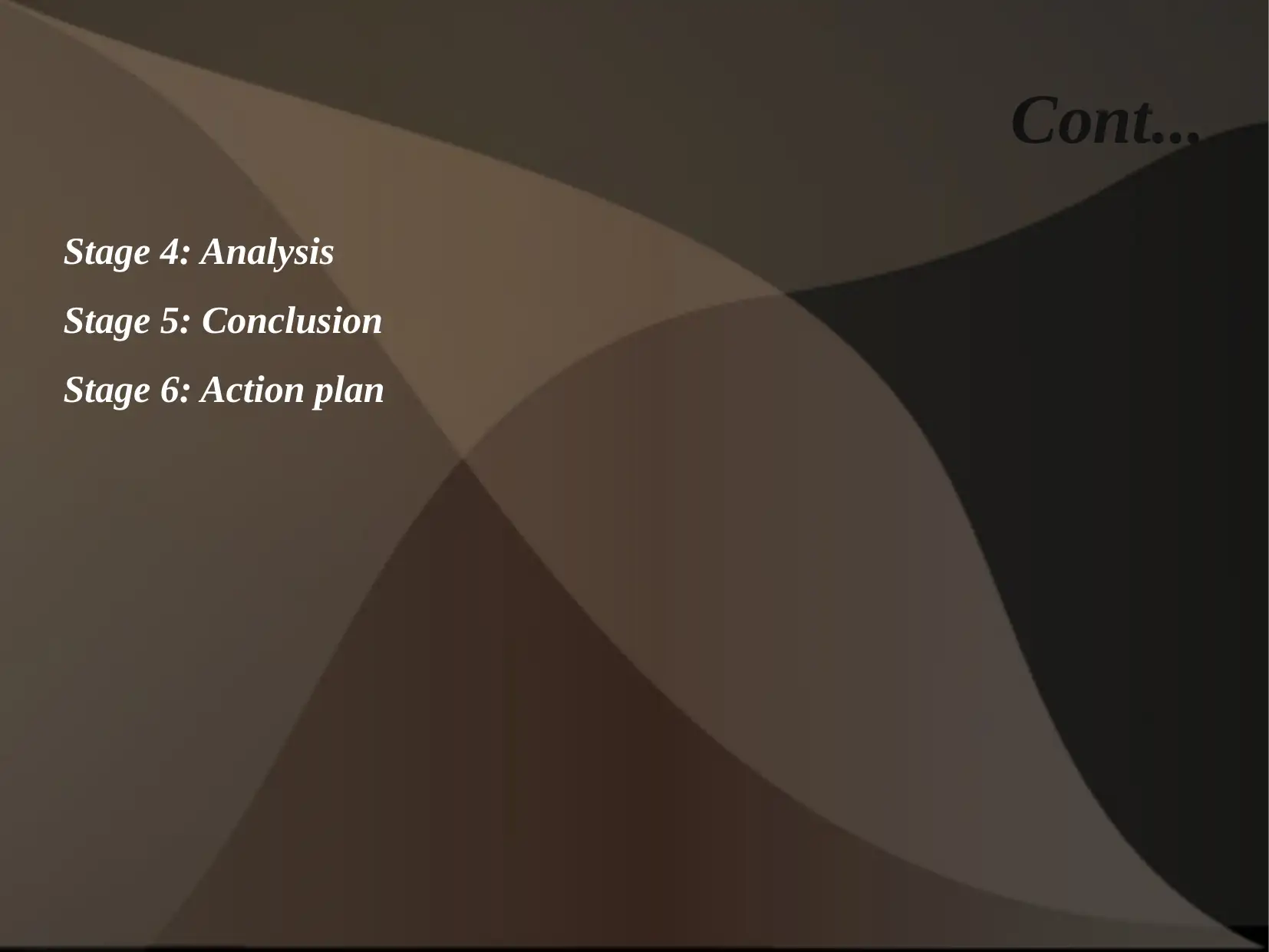
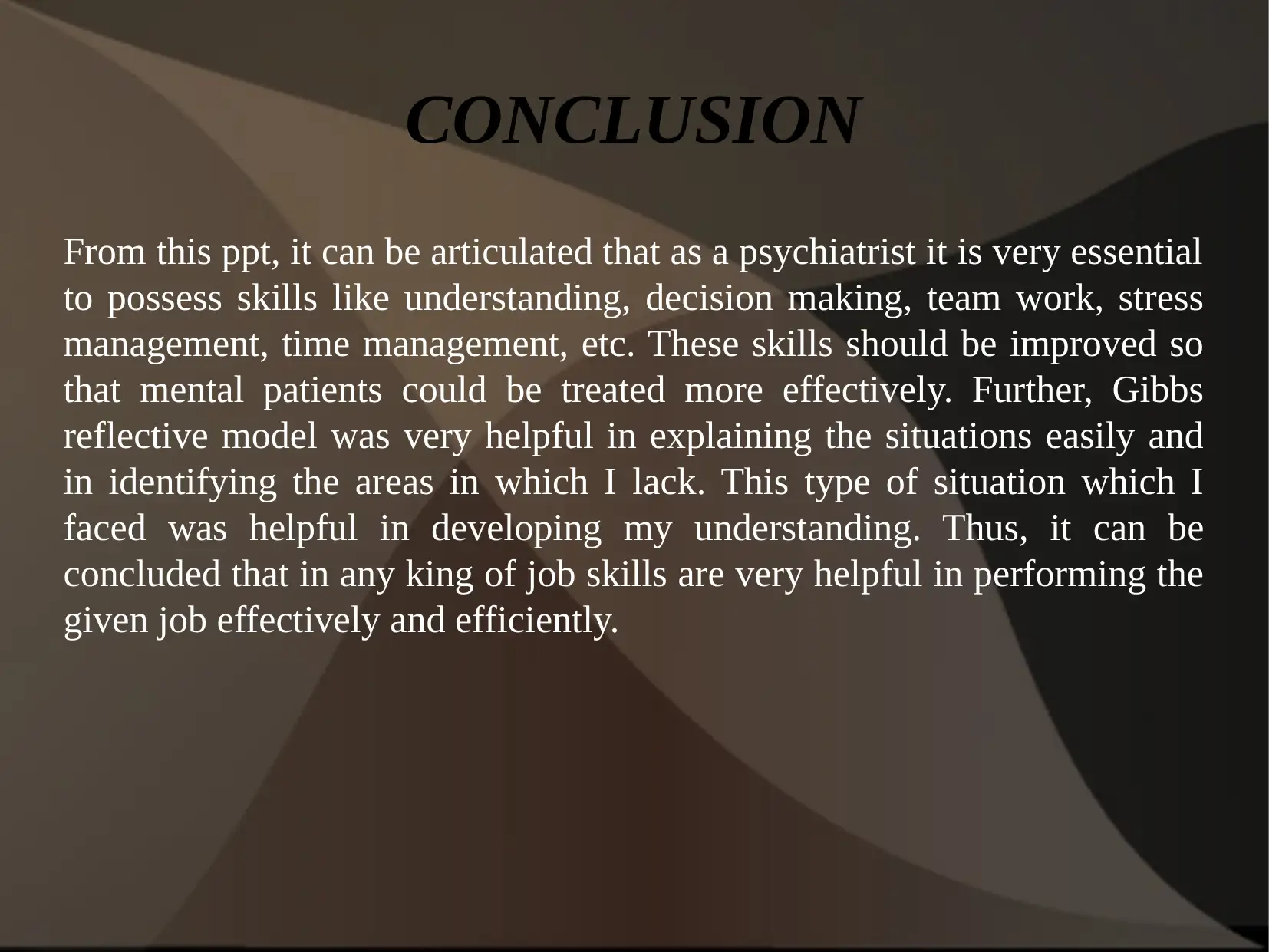
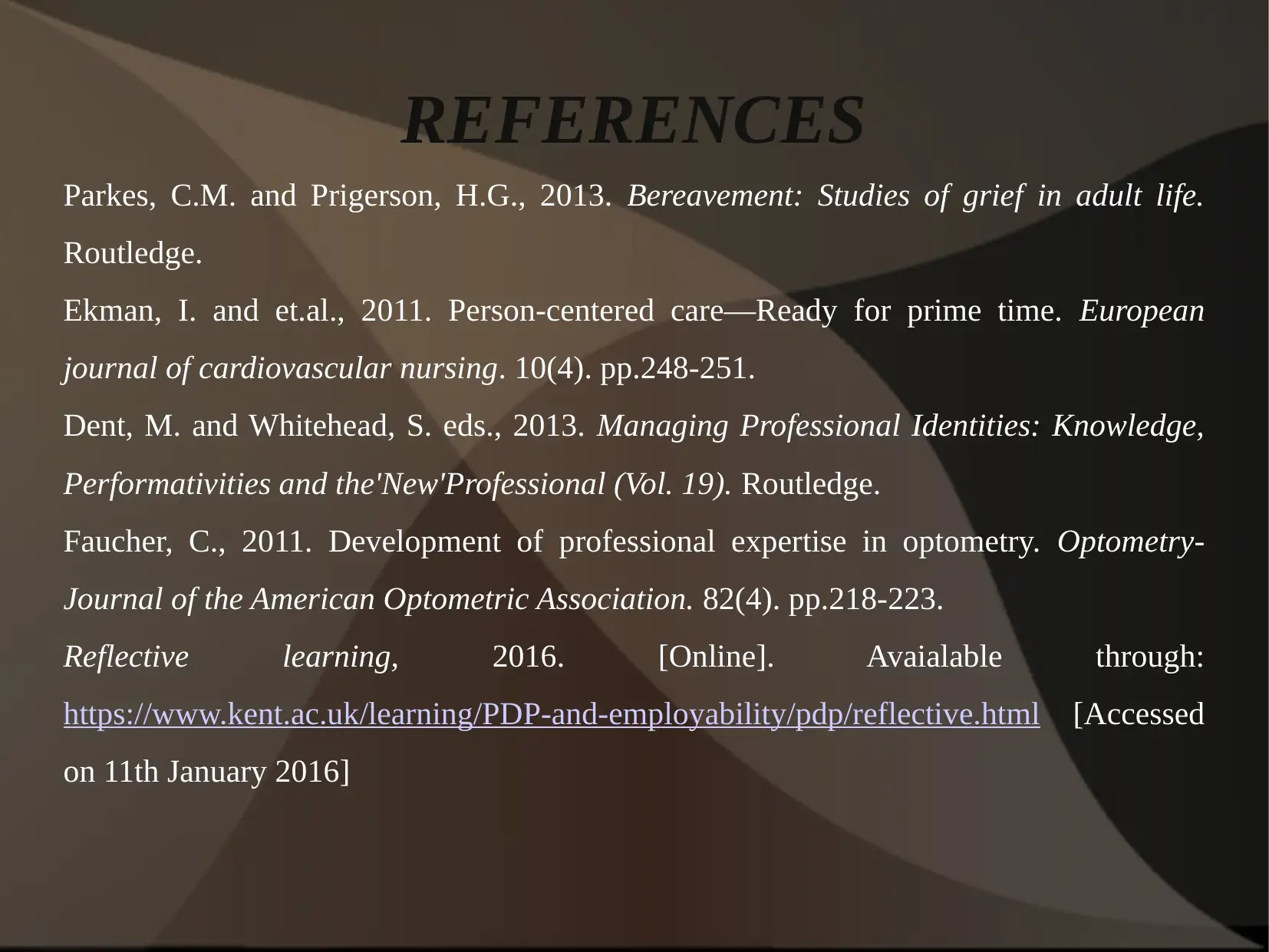






![[object Object]](/_next/static/media/star-bottom.7253800d.svg)